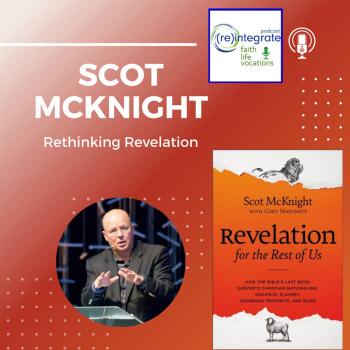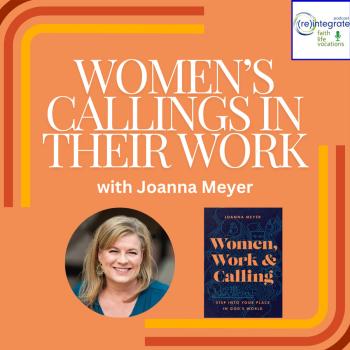 For far too long, North America Christians have been too church-centric:
For far too long, North America Christians have been too church-centric:
We go to church to worship, get fed the Word, partake of the sacraments/ordinances of baptism and communion, participate in encouraging community for spiritual growth, etc. Our church worship services are evangelistic as well with sermons that share the gospel of Jesus and His kingdom while explaining the need to confess sin, repent, and believe in the Lord Jesus for salvation. So much has been centered on our time in our church buildings, where people become Christians, are baptized, are nurtured, and are discipled.
Church Planters and What We Imply By Our Priorities
When I was a church planter, I prioritized how to get people to the church, how to preach a sermon that not only deepened the discipleship of Christians but also evangelized anybody visiting us that Sunday. I worked on developing community within the church, and how we, as a church, could serve the community ‘out there’ so that we could get them ‘in here.’
What was communicated by pastors like me in those days (and still is), not explicitly but implicitly by our priorities, was: “The only thing that really matters is what happens at church.”
So, your daily work doesn’t really matter. Your serving your neighbors through participating in our community affairs doesn’t really matter. Your leisure time really doesn’t matter. (These things only matter if they have, as a real underlying agenda, the intention to get unbelievers into church. They don’t have intrinsic value themselves).
So, like many churches in America at the time, pastors like me became too church-centric. Pastors spent a lot of our time and energy trying to convince people that they need to spend more of their time and energy on church-centric activities.
The Church Scattered Participating in God’s Mission
But most of people’s lives are not spent in church. God has scattered his people into cities, communities, and neighborhoods, into workplaces and schools and leisure activity groups, into various institutions in our society. These are the places where God’s people participate with Jesus’s evangelistic mission to seek and serve the lost.
These are also the places where God’s people participate in God’s cosmic overarching mission to redeem and restore all things through Christ’s kingdom.
Our work has intrinsic value as good work done in service to others without it having an underlying intention to invite people to church. We are missional in our workplaces by loving and serving and bringing flourishing to people as a taste of what the King wants life to be.
We are inviting people into a life where they can, through the power of God’s Spirit, love and serve and seek the shalom (the peace and flourishing) of everyone else.
Being Church-Centric, in a Good Way
And here is where the church comes back into the picture. We can’t be so frustrated with the church-centric focus of 20th-Century American Christianity that we say, “Not that, But this:” “Not church, but work.” “Not church, but neighborhoods.” “Not church, but relationships.” We humans often swing our pendulums too far, don’t we? We easier think in “Either/Or” rather than in “Both/And” categories.
Just because we became too church-centric doesn’t mean that the Christian life still doesn’t center on the church.
We need our time in church to be equipped for time outside the church. And we bring our joys and frustrations from our life and work outside the church to God into our times of worship inside the church. In and out. Out and in. What we do on Sunday is meant to inform, equip, and encourage us for what we do Monday through Saturday. Our worship on Sunday creates the ability to worship in and through the work we do throughout the week. And then we bring our work into worship as an offering to the Lord.
It is still true: We go to church to worship, get fed the Word, partake of the sacraments/ordinances of baptism and communion, participate in encouraging community for spiritual growth, etc. And we invite people to explore the life of Christ in church community, so we still preach sermons about the gospel of Jesus and His kingdom and admonish people to confess sin, repent, and believe in the Lord Jesus for salvation.
All of Life Redeemed
But as pastors lead these churches, they must talk a lot about how all of life is God’s life. How everything we do matters in the kingdom of God. We need to constantly reiterate that Christians are called to various vocations in which they participate with God in his work to reconcile all things to himself. We encourage our people to pray for and work for the flourishing of the people they know as a manifestation of the kingdom of God in their lives.
In a post-Christian culture, evangelism needs to embrace this more holistic gospel for people to be intrigued. Pastors need to consistently explain that the “Good News” is sometimes seen before it is heard. If the gospel is that Jesus is the King, then what Christians are doing, outside of the church, in their work and in their communities, must demonstrate a kingdom way of life. We should seek to show that the way of the King is better than the way of the world.
Photo by Debby Hudson on Unsplash













